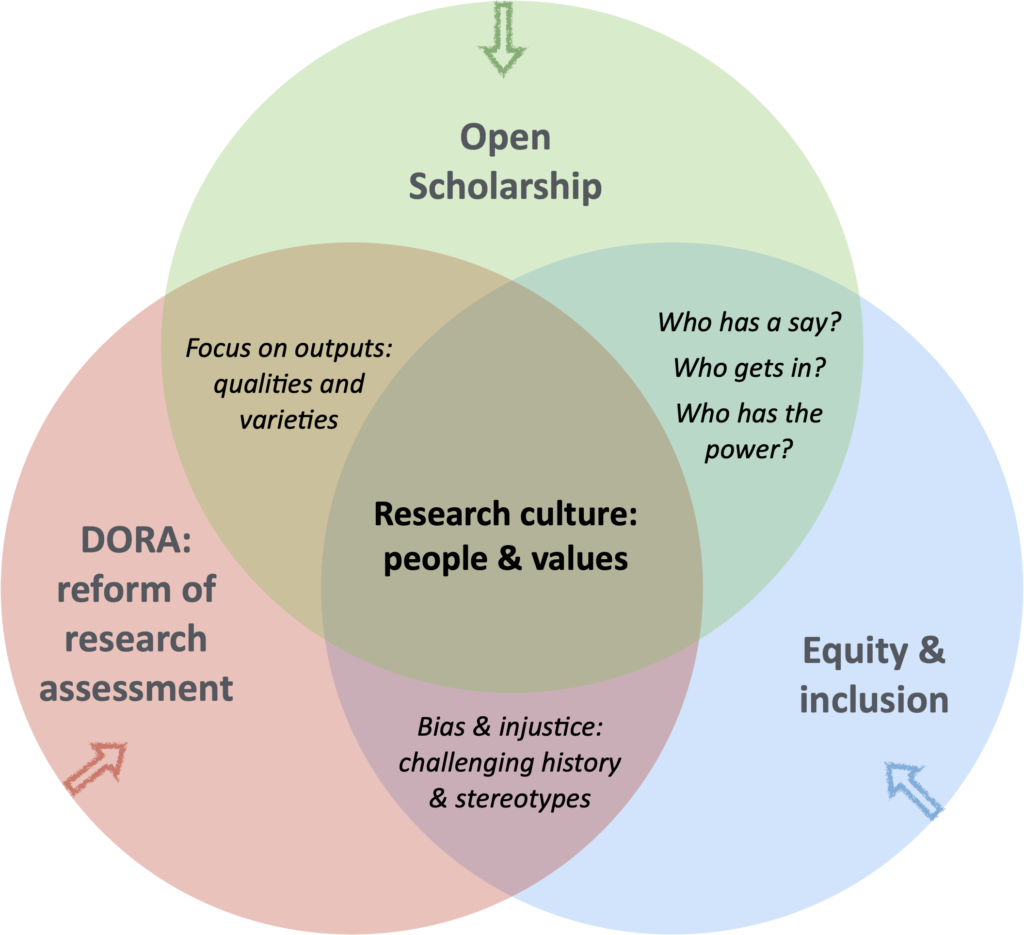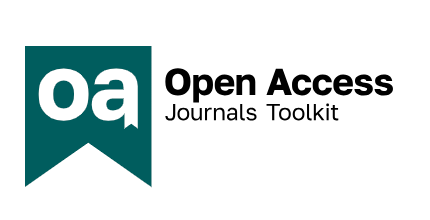The San Francisco Declaration on Research Assessment (DORA) was published in 2013 with 155 individual and 82 organizational signatories, and over the ensuing decade recognition has grown that journal impact and other metrics are insufficient proxies for research quality. “From declaration to global initiative: a decade of DORA” looks back at the conditions that bred the original declaration: the over- and inappropriate emphasis on journal prestige which devalued scholarly contributions aligned with rigor and reproducibility, local community engagement, mentorship, intellectual property and software, and recognition of non-article works from different constituencies.
Over the years, the DORA coalition grew, formalized and became more action-oriented. Publisher funding enabled the organization to create a website and hire a program director. It sponsored forums where publishers, research institutes and funders could develop alternative, more holistic evaluation guides and tools, such as Balanced, broad, responsible: A practical guide for research evaluators, a case study repository “Reimagining academic assessment: stories of innovation and change,” and the forthcoming Tools to Advance Research Assessment (TARA), a resource to develop policies and practices for academic career assessment.

DORA has made explicit the inextricable connections between research assessment, open scholarship, and equity & inclusion. It has altered its own governance structure to be more inclusive of organizations and practices in the Global South. It recognizes the work of other organizations and initiatives working to change research assessment across systems and regions across the globe. Power dynamics that maintain old, embedded practices are strong. As it looks forward, DORA remains focused on increasing awareness of the negative consequences of restrictive research assessment, developing alternatives to reform it, supporting advocates for ethical and equitable assessment, and securing funding to achieve its mission. DORA has partnered to transform research assessment so that it is more open, inclusive, holistic and fair. When this becomes the new norm, everyone will benefit from improved research integrity, breadth and impact.
Note: The Libraries provide a Research Impact Indicators & Metrics guide which includes an “Apply Metrics Responsibly” page.

